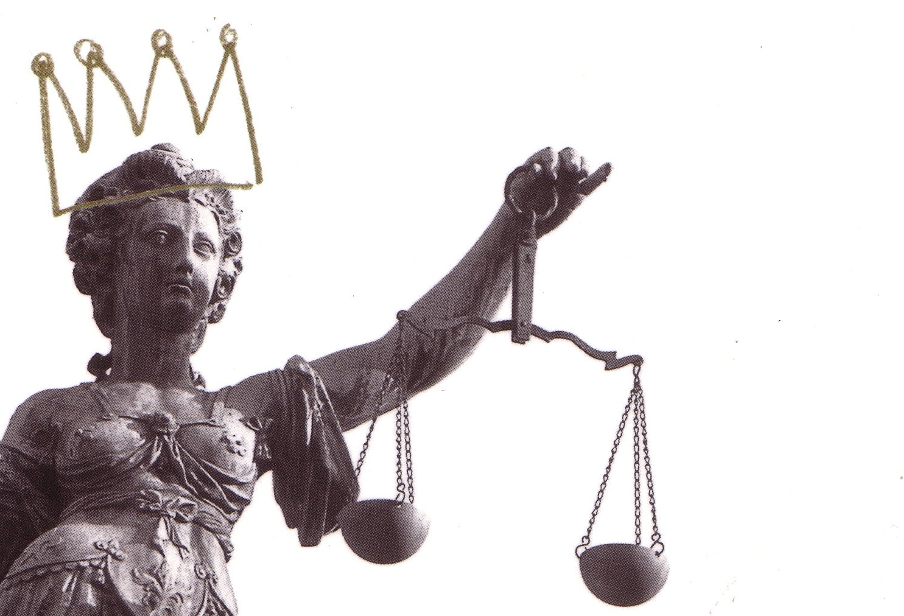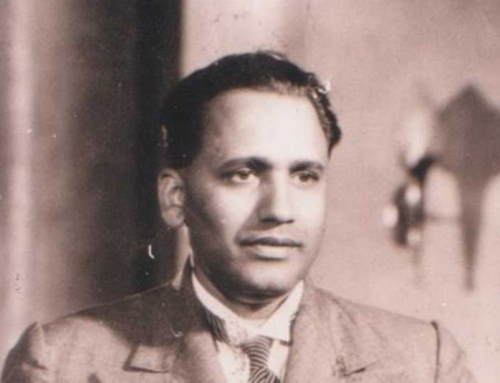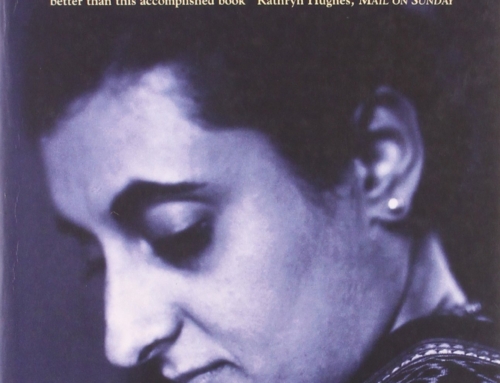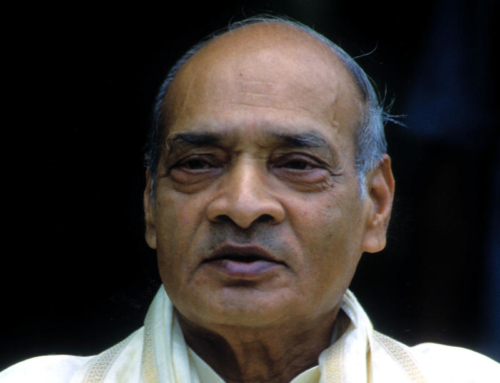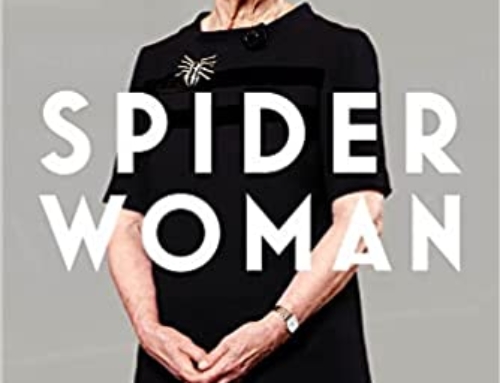ADM Jabalpur v. Shivakant Shukla, an Emergency-era legal classic, is often the first introduction that Indian law students have to the concept of the rule of law. And it is perfect – breathtaking in scale, with India’s entire democracy at stake, loud with the clash of big egos, a blistering dissent by a lone judge, and, when viewed in retrospect, offering the schadenfreude of the majority judges’ damaged reputations (all of them rose to become Chief Justice, but none escaped the stain of ADM Jabalpur).
The issue was whether the government and the police could be given the power to arrest and detain people without having to give any reasons or explanation, since the constitutional right to liberty had been suspended. The “detenus” before the Supreme Court were important political leaders (Vajpayee, Advani, and so on). To reject their arguments would be to sanction a dictatorship. And that is what happened, with the blessings of four Supreme Court justices, and over the objections of one. But – that one dissent. Mr. Justice HR Khanna’s calmly-reasoned polemic encapsulates the entire argument against kings, from the meadow of Runnymede where King John had to agree to the Magna Carta, up until Mrs. Gandhi.
After being taught ADM Jabalpur, I expected that I would never have to wonder what the rule of law meant. As Lord Bingham puts it in this slim volume, it is the common man’s recourse against “the midnight knock on the door, the sudden disappearance, the show trial, the subjection of prisoners to genetic experiment, the confession extracted by torture, the gulag and the concentration camp, the gas chamber, the practice of genocide or ethnic cleansing, the waging of aggressive war.”
Except, when one thinks of it, it is easier to say what the rule of law is not, than what it is – another one of those maddeningly imprecise but durable concepts that the British were so good at coming up with (in the same territory as their unwritten constitution and the phrase “it’s not cricket!”). Which is what makes this effort by Lord Bingham so admirable. He doesn’t attempt a formula or definition (that’s impossible) but is more a surveyor gingerly marking the modern day frontiers of the struggle against arbitrariness.
We learn that in the past 150 years, progress has been tremendous, quickening after the Second World War and the establishment of the UN. The independence of the judiciary, rights of criminal accused (defence counsel were only allowed in the UK from 1836), the right to a fair trial, laws against torture, genocide and invasions of privacy, and the growth of international law have all made the world a better place.
However, to emphasise how fragile and ephemeral is the cause of liberty, Bingham gives us a grim account of the actions taken by the US after it was gripped by the collective panic that followed the events of September 11, 2001. Aided by an angry and bitter populace that demanded vengeance, brutal laws passed by a prostrated legislature (such as the PATRIOT Act), blatantly illegal acts by the executive (like President Bush’s ‘secret order’ allowing the interception of communications without any judicial warrant), the cynical pliancy of bureaucrats and legal officers (Deputy Assistant Attorney General John Yoo’s ‘Torture Memos’ come to mind), and the money that allowed it to set up torture cells all around the world, the ‘defender of democracy’ and only superpower reduced itself to a barbaric and sadistic despot.
And all for nothing:
- 80,000 men from predominantly Arab and Muslim countries had to register under the US’s mass ethnic profiling scheme referred to as the “Special Registration program”. Another 8,000 Arab and Muslim men had to present themselves for interviews with the FBI, and 5000 were placed in preventive detention (many of them on no charge at all) from 2001 to 2003. Out of these 93,000 individuals, not one was convicted. Exactly zero.
- The Senate Intelligence Committee, set up to scrutinise the CIA’s program to detain and interrogate terrorism suspects in the years after 9/11, filed a report that refers to techniques that were so brutal that the officers themselves cried and choked up. Several persons were wrongly held, including one intellectually challenged man. It concludes that the program was mismanaged, lacked oversight, relied on misleading claims about its effectiveness, did not save lives or disrupt terrorist plots, and was unnecessary.
- Consider only the most prominent case. The “mastermind” of 9/11, Khalid Sheikh Mohammed, was waterboarded 183 times, deprived of sleep (once for 7 ½ days, while standing), subjected to rectal hydration, and his sons were tortured (they were 6 and 8 years of age). He confessed to everything from planning to assassinate the Pope to orchestrating the World Trade Centre bombing of 1993 – pure junk. Twenty years on, his trial, before a military commission at Guantanamo Bay, has not even begun.
After such knowledge, as T.S. Eliot wrote in Gerontion, what forgiveness? Bingham appropriately channels US Supreme Court Justice William Brennan, “After each perceived security crisis ended, the United States has remorsefully realized that the abrogation of civil liberties was unnecessary. But it has proven unable to prevent itself from repeating the error when the next crisis came along.” Substitute the United States for most other countries, including India, and the quote seems equally apt.
Towards the end of the book, I noticed a quip by John Selden, the English jurist (1584-1654). In response to the Latin phrase, attributed to Cicero, ‘Salus populi suprema est lex’ (the safety of the people is the supreme law). Mr. Selden shrewdly observed, “There is not any thing in the world more abused than this sentence.” Where had I seen ‘salus populi..’ being used before?…It turns out that two of the four judges who held for the majority in ADM Jabalpur added their names to the list of persons who used Cicero’s pithy Latin to crush liberty. New events arise through the passage of time, but the arguments on both sides have always been the same. ‘The Rule of Law’ reminds us that no matter how far along we may have come, we must always be on our guard.
